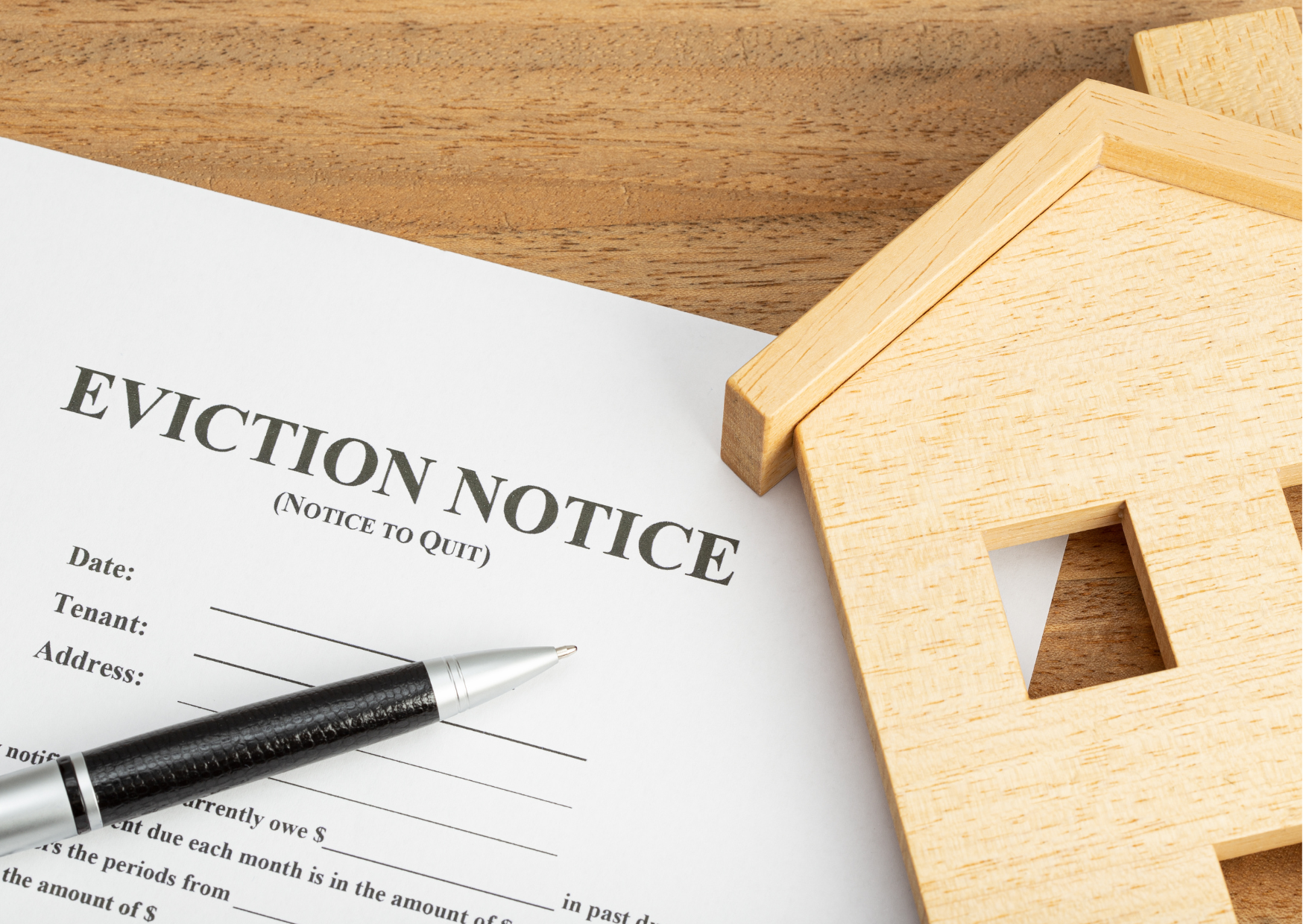SECTION 21: YOUR GUIDE TO THE PROPOSED CHANGES TO EVICTIONS
Prime Minister Liz Truss has confirmed her government's commitment to abolishing section 21’s under the Renters' Reform Bill.
The paper proposes simplifying tenancy structures by transitioning all tenancies to periodic - meaning that the tenancy will end only if the tenant chooses to leave, or if the landlord has a valid reason, as defined by law.
What is section 21?
At the moment, in normal circumstances, when extended notice periods are not in place, landlords can evict their tenants under section 21 by providing them with two months’ notice once their fixed-term contract has come to an end. Landlords aren’t required to provide their tenants with a reason for eviction, hence the term “no-fault” eviction.
What's changing for section 21?
One of the proposed changes set out in the Renters' Reform Bill and confirmed in the new white paper, is to remove section 21 eviction notices.
The abolition of section 21 would put an end to so-called “no-fault evictions”, and instead transition all tenancies to periodic, as part of the on-going project to create longer tenancies.
What do these changes mean for landlords and tenants?
After the end of section 21, landlords will always need to provide their tenants with a reason for ending a tenancy, for example, breach of contract or wanting to sell the property.
Tenants will be able to choose to end the tenancy at any time, as long as they provide two months' notice to the landlord.
What will replace section 21?
Once section 21 is abolished the government has also proposed strengthening the grounds for possession under section 8 of the Housing Act 1988.
The government state that the changes it makes will ensure that "responsible" landlords can gain possession of their properties efficiently from anti-social tenants and will be able to sell their properties when they need to.
How will these changes to section 21 affect tenancy lengths?
This new single system, with all agreements moving to periodic, will mean that there will be no set end date on a tenancy.
All Assured and Assured Shorthold Tenancies will convert to periodic tenancies, and the tenant will be able to give two months' notice at any time to leave the property, while landlords must provide a valid reason to ask their tenants to leave.
In some instances, such as the landlord wishing to move into the property or to sell it, landlords will not be able to evict a tenant within the first six months of the contract start date.
When will section 21 be abolished?
When section 21 is scrapped, the government will transition to the new system in two stages, with at least six months' notice of the dates that they will take effect, and at least 12 months between the two dates.
- Stage one will transition all new tenancies to periodic, governed by the new rules
- Stage two will move all existing tenancies to the new system
The government has outlined that the Renters' Reform Bill, including these measures to abolish section 21, will be "introduced in this parliamentary session".
Watch this space …. We will keep you updated when we know more on about the date this will be introduced.
If you are concerned or have any questions, please do not hesitate to contact me at the office.
Gemma Scott-Davies – Lettings Manager
01474 321957

